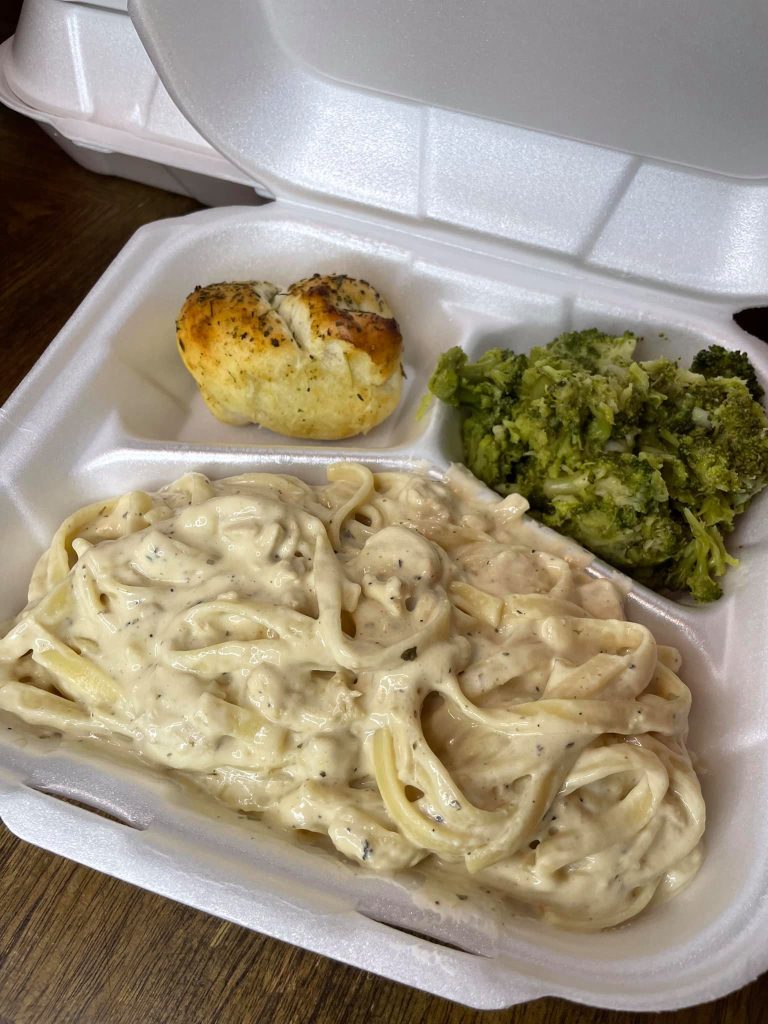
Social media continues to gain popularity as a platform for promoting and conducting business. This trend has also led to an increase in unlicensed restaurants, which are typically operated out of private homes and residential kitchens.
These types of businesses often advertise single plate or order ahead sales. Individuals may be told to pick-up their orders from the home of the unlicensed business operator or may be instructed to pick-up their orders at other locations (i.e. business parking lots, public parks, etc.).
South Health District wants to remind residents that these types of food services bypass zoning and health-code regulations and are illegal in the state of Georgia. Operating a food service establishment without a permit from the health department violates board of health rules and regulations and violators risk being fined and possibly jailed.
There are several reasons why residential kitchens are not permitted to sell food to the public, the most important of which is the risk of foodborne illness. Public Health strongly recommends against purchasing any foods from unlicensed and unregulated food vendors.
South Health District’s Environmental Health food service program works with legitimate restaurants, caterers, schools, and other facilities every day to ensure they are conducting their operations with the public’s health at the forefront.
This is done through education and providing guidance during routine food service inspections. These inspections are extensive and begin before the business opens its’ doors and continue throughout the entirety of the business’s operation. The food service program conducts plan reviews before permitting the facility and provides education and training to food service operators, managers, and employees every step of the way.
The following are common examples of why our food service regulations are needed to prevent foodborne illness:
- Approved Food Sources/Proper Identification: Environmental Health Specialists ensure that a food service provider is serving foods that are from an approved source and thus safe to eat, as well as correctly identified.
- Pets/Rodents/Insects in Kitchen: Bacteria, hair, or other diseases from pets or pests can enter the food, which can cause illness if consumed. Our food service program inspects licensed kitchens to ensure they are free of pests.
- Temperature Control: Another very important example of foodborne illness prevention is with proper temperature control to limit bacteria growth on foods. Environmental Health staff ensure that all coolers/refrigerators/freezers are at the necessary temperatures to safely store and/or cool foods. Most residential kitchens are not equipped with appliances capable of maintaining the proper temperatures to limit pathogen growth for bulk foods and/or for opening the unit repeatedly for numerous orders.
- Storage and Separation: Environmental Health staff also ensure that foods are stored safely and properly in licensed kitchens to limit the risk for cross contamination. One example is ensuring that foods are not stored with chemicals or pesticides. Another example is confirming that raw animal product (i.e. uncooked chicken) is not stored in a manner that would contaminate ready to eat foods (i.e. salads, dips, etc.).
Food service inspections are public record and can be looked up at https://ga.healthinspections.us/stateofgeorgia/
Again, the goal of South Health District’s food service program is to prevent foodborne related illnesses. Our Environmental Health staff works with the permitted facility to help educate and thus prevent illness in the community.
Anyone interested in obtaining a food service permit or who has questions about food service operations should contact their local health department.
Anyone who is aware of a food service business operating from a private home or residential kitchen without proper permitting is encouraged to report this information to their local health department or to contact South Health District via Facebook Messenger.
